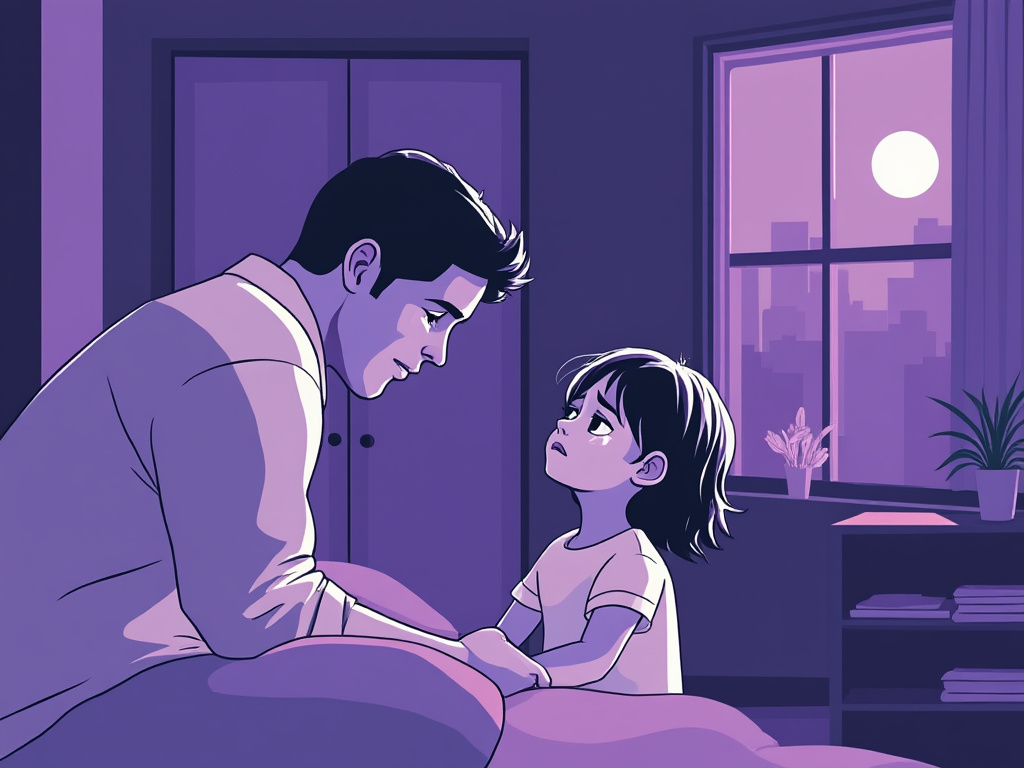
When a child discloses abuse, it is an opportunity for an adult to provide immediate support, comfort, and assistance in protecting the child from further harm. It is also a chance to connect the child to professional services that ensure their safety and facilitate recovery from trauma.
Child Abuse Disclosure
Children and youth can disclose abuse at various times. Some may reveal it while the abuse is ongoing, while others may disclose it immediately after or even years later. In general, many children don't disclose abuse during their childhood but may do so years after enduring it. The ways in which a child discloses abuse can be indirect or accidental. They may attempt to alert trusted adults by altering their behavior, making ambiguous verbal statements, or displaying age-inappropriate behaviors. Older children might indirectly reveal their abuse through risky behaviors like self-harm, suicidal actions, or eating disorders. Sometimes, a child may disclose abuse and provide more information when asked or after participating in an intervention or education program. While some may initially deny abuse when asked directly or claim to forget, they may later reveal the truth. In rare cases, a child might retract their disclosure. The stress of disclosing and fearing negative responses can lead some children to withdraw to relieve stress.
How to Respond
When a child discloses abuse, follow these steps to provide the best support:
- Stay Calm: Use comforting language to reassure the child. Be aware of your facial expressions. If you appear shocked or angry, the child may assume your shock or anger is directed toward them and they may shut down and not want to talk about the abuse again.
- Listen Carefully: Let the child share their experience in their own words. Expect that their account may be incomplete, and be patient, especially with young children who may struggle to express themselves. Do not fill in words or correct perceived mistakes or omissions.
- Assure and Reassure: Emphasize that the child did nothing wrong, and the abuse is not their fault. Let them know you are a safe person to talk to. Many children feel overwhelming shame and guilt, especially if the child is worried their disclosure will break up the family.
- Acknowledge Their Courage: Reassure the child that they've done the right thing by sharing their experience.
- Emphasize It's Not Their Fault: Make it clear that abuse is never a child's fault.
- Ensure They Will Be Believed: Let the child know you will take them seriously and support them.
- Explain the Next Steps: Inform the child about the actions you will take to help them, such as reporting the abuse to professionals who can assist.
Reporting the Abuse
Report the child's disclosure as soon as possible to the relevant authorities or professionals. This ensures that the details are fresh in your mind, and prompt action can be taken. You may find it helpful to take notes during your conversation with the child to keep an accurate record.

